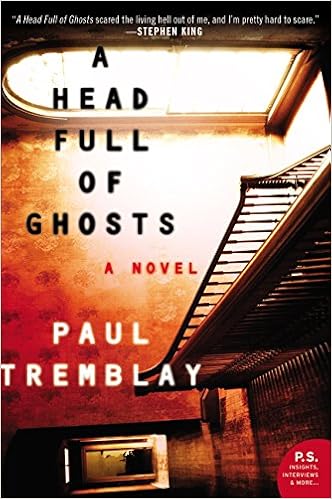The Memory Thief is the beginning of a series of books called Thirteen Witches by Jodi Lynn Anderson. In it, twelve-year-old Rosie Oakes has lived her whole life wondering why her mother feels nothing for her. The spark that causes a mother to dote on her child is just missing from Rosie's mom, and no matter how desperately she longs for her mother to show just the slightest affection to her, Rosie has learned that she's on her own. And so she turns to writing stories to bring her comfort.
But even her stories have their limits, and on the night she decides to discard her stories, she discovers that the world she sees is just a veil over a reality that most people don't see. A world where ghosts roam freely. And a world where thirteen witches are the cause of all the world's problems. Rosie discovers that her mother owns a book about hunting witches and that her mother has been cursed by the Memory Thief, a witch who feeds off the memories of her prey. Soon, Rosie, along with her best friend Germ must find a way to stop the Memory Thief, who now has her sights on Rosie.
The Memory Thief was a book I decided to read with my pre-teen daughter because it looked interesting, and I wanted it to be something we could share. I've always loved the Harry Potter series, and this story seemed to be in that vein. While it is a middle-grade book, I thought it was a very powerful story. Rosie is a compelling character, forced to become strong in the face of a world that doesn't seem to care about her. And I thought the way the author showed Rosie and her friend Germ's relationship evolve as Germ was changing but Rosie was staying the same. It seemed like Anderson captured the kinds of feelings a young girl would go through in that situation.
And you can't help but feel Rosie's pain throughout as she longs for a mother who just seems physically there but mentally and emotionally absent. And yet Rosie loves her deeply. It reminded me of Luke Skywalker's love for his father, who had become Darth Vader, in the Star Wars saga. It's a relentless love that is desperate to find redemption for a parent.
Rosie goes on a journey that requires the utmost bravery, but when she discovers that there's a reason for her mother's apathy, she's more than motivated.
The Memory Thief was a fun and emotionally resonant story that sets up well what is sure to be a powerful series.
Review copy provided by the publisher.





